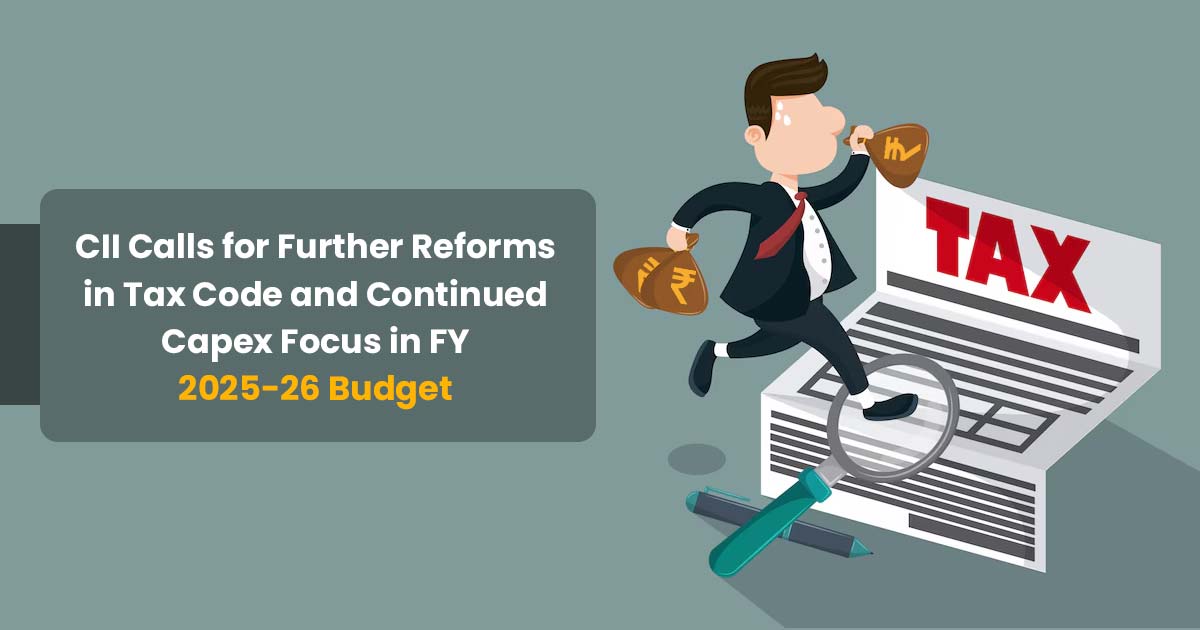
The industry chamber CII advocated for further reforms in the tax system, emphasizing the need for tax simplification and for maintaining the momentum of capital investment in the Budget for 2025-26.
CII in a meeting with the Revenue Secretary Sanjay Malhotra asked the government to surge the capex by 25% over 2024-25 (Budget) with a focus on infrastructure pertinent to the rural areas, agriculture, and the social sector.
On February 1, 2025, the budget for the 2025-26 financial year is set to be presented. CII President Sanjiv Puri provided the intrinsic strength of the economy and with the rising desire of the people, this is a perfect time for India to make a blueprint and a template that specifies the following phase of reforms.
India has emerged with the growth in this fraught world in 10 years. Our eyes are on the Union Budget to consolidate the same position and make a competitive India, i.e. prosperous, inclusive, equitable, environment friendly, and technologically advanced.
As per CII Director General Chandrajit Banerjee, the budget arrived at a time when the world was proceeding through a certain period of geopolitical and economic uncertainty.
We are expected that the trend shall continue with the kind of progressive budgets that emerged in the last few years and shall see a robust growth-oriented budget. Significantly it is important to witness how the budget furnishes a rise in consumption and gets private sector investments to start again.
CII asked for sustaining the capital investment cycle in fields like infrastructure to furnish an additional stimulus to growth via a rise in employment and consumption.
Indeed CII has emphasized subsequent reforms in the tax system emphasizing the need for tax simplification, increasing India’s tax competitiveness, broadening of tax base, and reducing tax litigation to develop a competitive Indian economy globally.
Also, the chamber has recommended a rise in the revenues of the government by undertaking the disinvestments via a gradual stake sale in the PSEs to unlock the public capital for infrastructure.
The government needs to take benefit of the existing rise in the stock market to draw down its stake in the PSEs to 51% after that it holds its position as the single largest owner of the PSE, as per the CII’s recommendation to the senior finance ministry officials.









